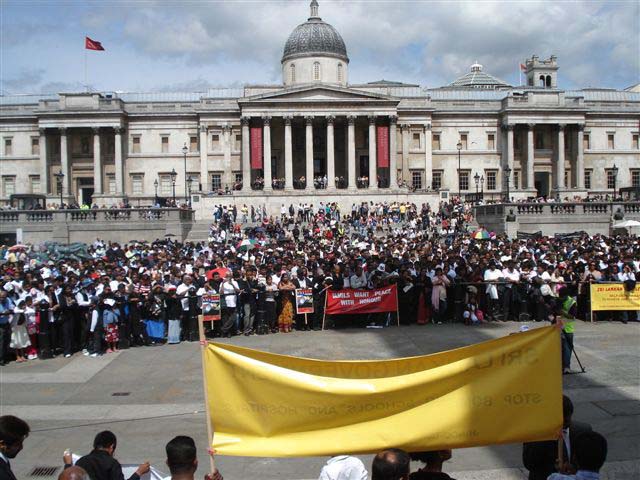Acclaimed journalist J. S. Tissainayagam, wrote in Asian Correspondent on Wednesday, calling for a strengthening of a United Nations Human Rights Council resolution on accountability in Sri Lanka, stating one that does is not “will only enhance turmoil and violence”.
Tissainayagam was detained by Sri Lanka's Terrorism Investigation Division in 2008 and sentenced to 20 years of "rigorous punishment" for inciting "communal feelings". Following international pressure, including a mention from US President Barack Obama, Tissainayagam was eventually pardoned and is currently living in exile.
See his full piece in the Asian Correspondent here.
Extracts have been reproduced below.
Language in the draft resolution now before the UN Human Rights Council (UNHRC) for an investigation into past and ongoing human rights abuses in Sri Lanka lacks teeth say critics. A resolution that establishes a weak investigating body will only render ineffectual what the international community says it is working for – strengthening human rights to promote reconciliation in a country recovering from war.
Adding to this, post-war militarisation in the former warzone of northern and eastern Sri Lanka, continues to spawn grave human rights abuses – disappearance, torture and sexual violence. In the face of Colombo’s stonewalling, the only option for justice and accountability for past and ongoing violations was an international investigation.

